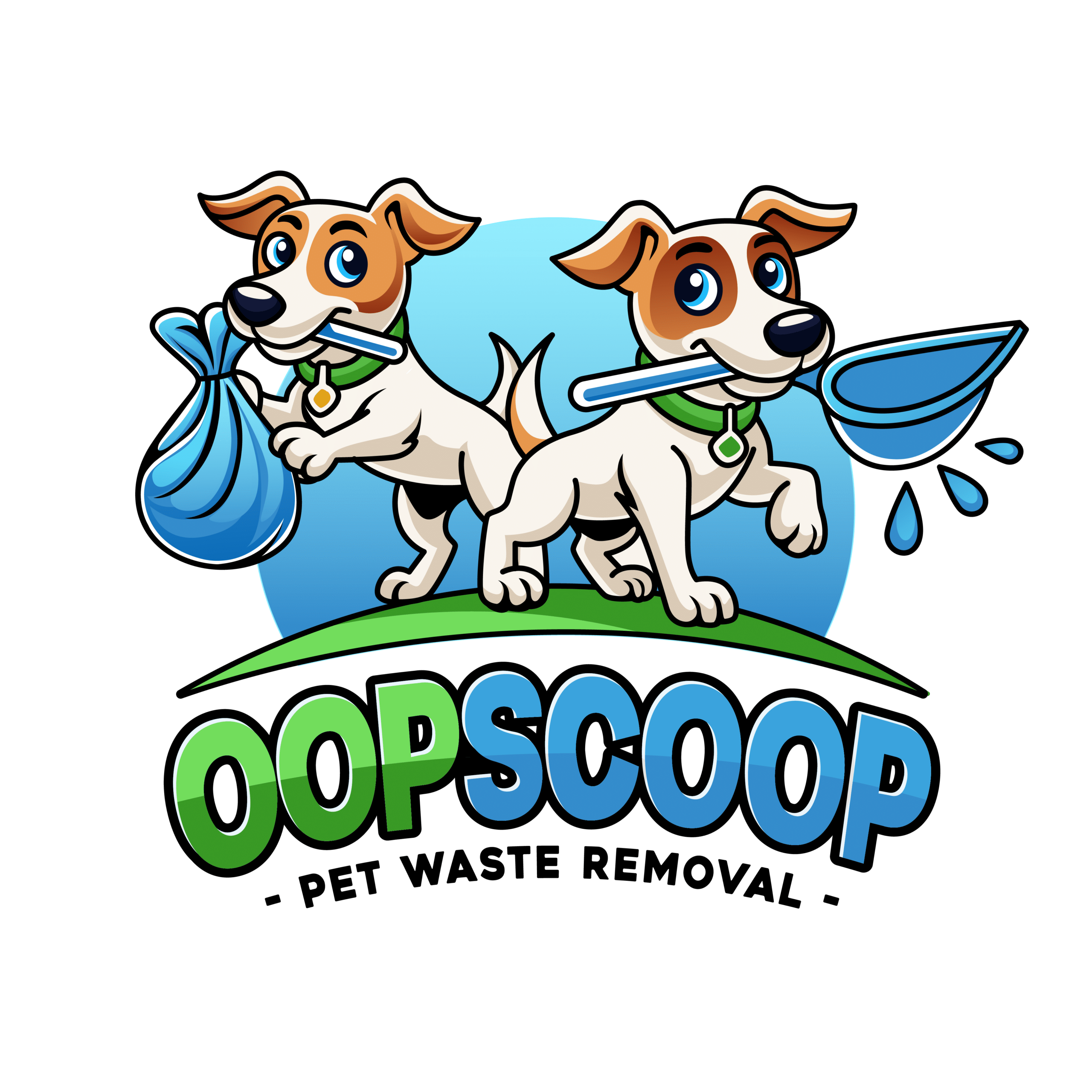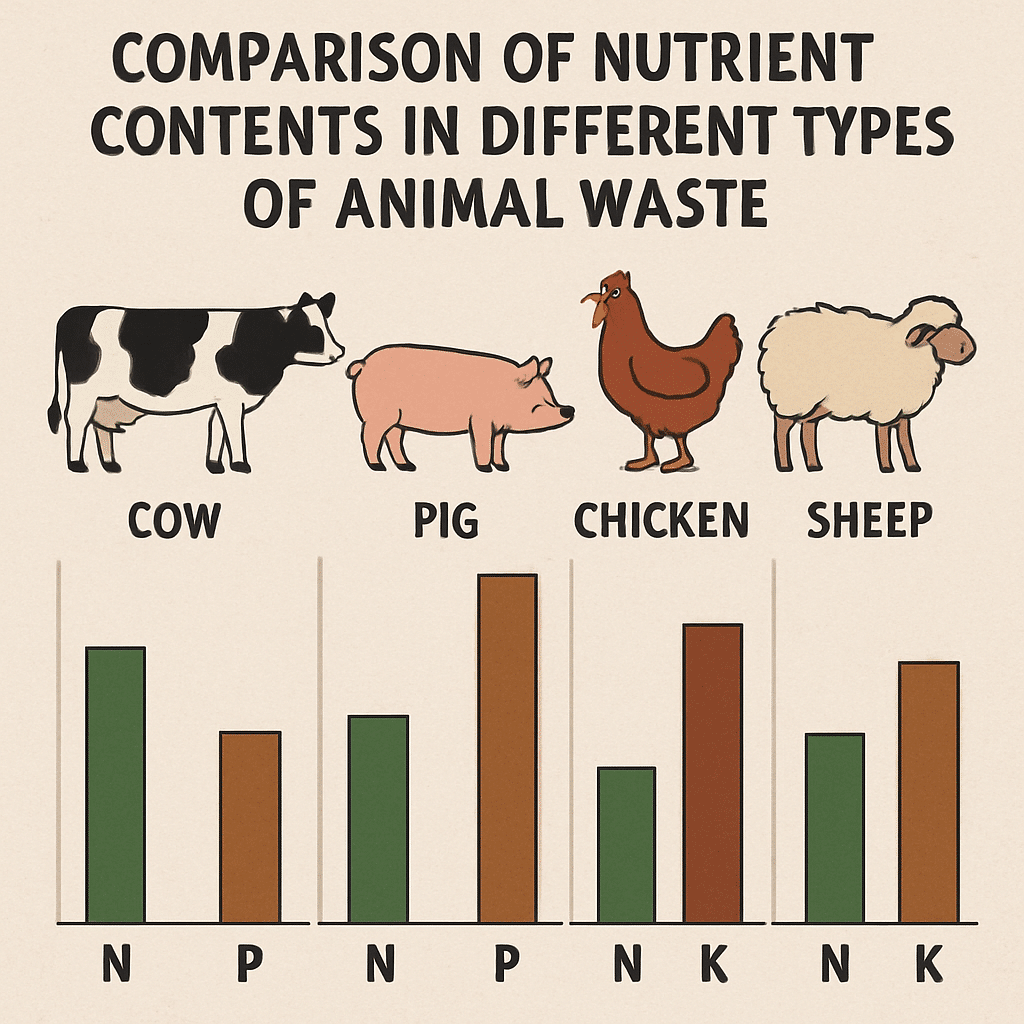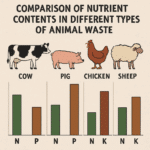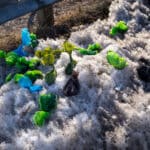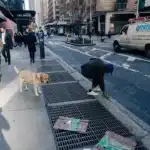Is Dog Poop Good or Bad for My Grass
Dog poop in your yard is more than just an eyesore. It can affect the health of your grass. Many pet owners wonder if dog poop can be used as fertilizer.
The answer is not as simple as it seems. Dog poop contains high levels of nitrogen. This can burn your grass and leave unsightly brown spots.
Unlike cow manure, dog poop is not a good fertilizer. It harbors harmful pathogens and parasites. These can pose health risks to your family and pets.
Giardia, a common parasite found in dog waste, can spread easily. It can contaminate your soil and water supply. This makes proper disposal crucial for a healthy yard.
A professional pooper scooper service can help. They offer reliable yard cleaning and ensure gates are locked. They also provide photo proof of service.
This service saves time and offers peace of mind. It keeps your yard clean and safe for family activities.
Understanding the impact of dog poop on your grass is essential. It helps you make informed decisions about yard maintenance.
The Truth About Dog Poop as Fertilizer
Is dog poop really beneficial as a fertilizer? The short answer is no. Dog poop can damage rather than nourish your grass. Let’s explore why it falls short as a lawn enhancer.
Firstly, dog waste is rich in nitrogen, which might sound beneficial. However, the high levels can burn and discolor grass. Unlike other animal waste, dog poop is not balanced for plant growth.
Moreover, dog poop is not like typical compost material. It contains harmful bacteria and parasites, making it unsafe for garden use. This poses risks for both your pets and your family.
For better lawn health, consider these points:
- Dog poop has a high nitrogen concentration, harmful to grass.
- It contains pathogens and parasites unsafe for humans.
- It lacks the nutrient balance found in traditional fertilizers.
This makes proper disposal a necessity rather than an option. Ignoring this can have negative effects far beyond your yard. Seeking expert advice or services is often the wiser choice.
Understanding these facts can help you make informed decisions about lawn care. Dog poop may seem like a quick fix, but its long-term impact is detrimental. Choose safety and health for your home and environment.
Why Dog Poop Damages Your Grass
The adverse effects of dog poop on your grass are not immediately visible. Yet, over time, its presence can significantly harm your lawn. Understanding these impacts helps highlight the need for proper waste management.
Dog waste contains a high amount of nitrogen. While nitrogen is a vital nutrient for plant growth, an excess can scorch your grass. This results in unsightly brown patches, disrupting your lawn’s beauty.
Moreover, the breakdown process of dog poop is slow. During decomposition, it releases ammonia, which exacerbates grass damage. This further stresses your lawn, making recovery difficult.
Beyond chemical harm, physical damage is also a concern. Dog poop can compact the soil, reducing airflow to grass roots. This lack of oxygen hinders healthy grass growth, making it more susceptible to disease and pests.
Consider these negative effects:
- High nitrogen levels burn grass, causing brown spots.
- Ammonia release during decomposition damages roots.
- Compacted soil restricts essential root airflow.
Furthermore, dog poop attracts pests and insects. These organisms can harm your grass by feeding on it or spreading diseases. An increase in these pests results in further grass damage over time.
Lastly, the presence of dog poop can alter soil pH levels. Altered pH can make nutrients less accessible to grass, starving your lawn. This results in weakened grass, which is more easily overtaken by weeds.
In summary, dog poop is not just an eyesore; it actively harms your grass. Regular removal is crucial to maintain a vibrant, healthy lawn. By acknowledging these effects, homeowners can take effective steps for lawn care.
Health Hazards: Pathogens, Parasites, and Giardia
Dog poop is not only unpleasant but also poses significant health risks. These risks extend beyond your grass and can impact human health. Understanding these dangers is crucial for your family’s well-being.
Dog waste is a breeding ground for harmful pathogens. Bacteria like E. coli and Salmonella are commonly found in dog poop. If not handled correctly, these bacteria can easily spread to humans and other pets.
Parasites are another concern. Dog feces can harbor various parasites, including hookworms and roundworms. These parasites can infect people through direct contact or contaminated soil.
A specific concern related to dog poop is Giardia. This microscopic parasite causes severe diarrhea in both humans and pets. It spreads quickly through contaminated water or contact with infected feces.
Key health hazards from dog poop include:
- Presence of E. coli and Salmonella bacteria.
- Transmission of parasites like hookworms and roundworms.
- Risk of Giardia infection from contaminated sources.
Proper handling and disposal of dog waste prevent these health risks. Engaging a professional service for regular yard cleanup reduces the chance of exposure. Staying informed about these hazards safeguards your household and community.
Addressing these health concerns is paramount. Responsible pet ownership includes ensuring safe dog waste management. Protecting your family and environment starts with understanding the dangers of dog poop.
Environmental Impact: Water, Soil, and Community
Dog poop affects more than just the immediate yard. It can significantly impact water sources, soil quality, and even the wider community. Understanding these environmental effects helps underscore the importance of proper dog waste management.
When dog poop is left on grass, rain can wash it into local water systems. This runoff contributes to water pollution, introducing harmful bacteria and pathogens into lakes, rivers, and streams. These pollutants can harm aquatic life and pose health risks to humans who rely on these water sources.
In the soil, dog waste does not decompose quickly. The breakdown process releases nitrogen, which can lead to nutrient imbalances in your yard. These imbalances often result in burnt grass or damage to other plants, affecting the overall health of your landscape.
The broader community is also affected. Accumulated dog waste can attract pests, create foul odors, and reduce neighborhood aesthetics.
To mitigate these environmental impacts, consider:
- Regularly cleaning up dog waste in your yard.
- Engaging a professional pooper scooper service to maintain cleanliness.
- Educating others about the importance of proper waste disposal.
Proper dog waste management enhances community livability and protects natural resources. By taking action, you’re contributing to a safer, cleaner environment for everyone.
Dog Poop vs. Cow Manure: What’s the Difference?
Dog poop and cow manure might seem similar but differ significantly in their impact on the environment and usability as fertilizer. Understanding these differences can guide better waste management practices in your yard.
Cow manure is commonly used in agriculture as a natural fertilizer. It’s nutrient-rich and supports plant growth when properly composted. Its nutrient profile is beneficial for enriching soil without harming plants.
In contrast, dog poop is not suitable for such use. Unlike cow manure, dog waste contains proteins and pathogens harmful to plants and soil. The high nitrogen content in dog feces can damage or “burn” the grass, creating unsightly brown spots.
Key differences include:
- Nutrient Composition: Cow manure is beneficial; dog poop is harmful.
- Decomposition Rate: Cow manure decomposes effectively; dog poop does not.
- Pathogen Content: Dog poop often contains dangerous pathogens.
Using cow manure enhances soil health, but dog waste poses environmental and health risks.
Composting Dog Poop: Is It Safe or Smart?
Composting is often a sustainable way to reduce waste and nourish soil, but is it safe for dog poop? The answer is generally no. Unlike yard waste or vegetable scraps, dog poop presents unique challenges that can make composting a risky option.
Dog waste contains pathogens and parasites that are harmful to humans and other animals. Properly composting dog poop to a safe level requires high temperatures not easily achieved in a typical home compost pile. Insufficient heat in the compost can allow these hazards to persist.
Additionally, composting dog poop demands careful handling to prevent the spread of diseases and contamination of other areas. Most home gardeners lack the equipment and expertise needed to safely compost dog waste.
Here’s why composting dog poop isn’t usually recommended:
- High pathogen risk
- Inadequate home compost temperatures
- Potential contamination
- Requires expert handling
To keep your yard safe and healthy, consider alternative disposal methods like professional waste removal services.
How Long Does Dog Poop Take to Decompose?
Dog poop left on your lawn won’t disappear quickly. It can take anywhere from nine weeks to a full year to decompose naturally. During this time, it remains a blight on your landscape and a hazard to health.
Environmental factors, such as temperature and moisture, influence the rate of decomposition. Warm, moist conditions may speed up the process slightly but don’t eliminate health risks.
While decomposing, dog waste can leach harmful bacteria and nutrients into the soil and waterways. This slow breakdown underscores the importance of timely and proper waste removal.
The Right Way to Handle Dog Waste
Proper disposal of dog waste is vital for a clean and safe yard. Begin by using a sturdy scoop or bag to collect the waste immediately. Quick collection prevents grass damage and limits health hazards.
Next, consider a few appropriate disposal methods. You can:
- Place the waste in a sealed bag and trash it.
- Use pet waste-specific disposal bins.
- Opt for a designated septic system if available.
Consistent waste management minimizes environmental contamination and promotes lawn health. Select a method that aligns with local regulations and personal preferences.
The Benefits of a Professional Pooper Scooper Service
A professional pooper scooper service offers numerous advantages for busy families. Among them is the peace of mind knowing that your yard is consistently clean. These services prioritize reliability, preventing recurring issues with missed visits.
With a professional service, you never worry about gate security. They ensure gates remain locked after each visit, safeguarding your home and pets. This attention to detail makes them dependable partners in pet care.
Additionally, these services often provide photo proof of their work. This transparency guarantees satisfaction, allowing homeowners to verify each visit’s thoroughness. Such accountability is a hallmark of top-notch service providers.
Payment is simplified through autopay options, reducing the hassle of manual transactions. This convenience aligns perfectly with busy lifestyles. Autopay enables a seamless experience, allowing focus on more important matters.
Hiring a pooper scooper service can significantly enhance your home environment. You can enjoy a well-kept lawn without the burden of constant cleanup. The benefits also include:
- Efficient waste removal.
- Reduced time commitment.
- Increased yard safety.
- Enhanced curb appeal.
Frequently Asked Questions About Dog Poop and Lawn Care
Many dog owners wonder about the best practices for maintaining a clean yard. A common question is whether it’s safe to leave dog poop on the grass. The quick answer is no; it can harm your lawn and pose health risks.
Another question is if dog poop can be used as fertilizer. Unlike cow manure, dog waste contains harmful pathogens and isn’t suitable for use as fertilizer. This makes proper disposal essential for lawn health.
Homeowners also ask about the diseases spread by dog poop. Parasites like Giardia can thrive in dog waste, presenting risks to humans and animals. Proper dog waste management is crucial for preventing these hazards.
Lastly, people are curious about the benefits of a pooper scooper service. These services ensure consistent, reliable yard cleaning, keeping your grass green and family safe.
FAQ Highlights:
- Safe to leave dog poop?
- Use dog poop for fertilizer?
- Diseases from dog waste?
- Benefits of professional service?
Conclusion: A Cleaner, Healthier Yard for Your Family
In summary, using dog poop as fertilizer is not advisable due to potential hazards. The high nitrogen content can harm your lawn, and pathogens pose health risks.
Maintaining a clean yard is vital for the safety and well-being of your family. Regular pet waste removal reduces the likelihood of spreading diseases and improves lawn health.
Choosing a professional pooper scooper service can transform your yard into a safe, welcoming space. Services ensure thorough and reliable cleaning, granting you peace of mind. Together, a clean yard and vibrant grass enhance your home’s appeal, creating a healthier environment for your family to enjoy.
